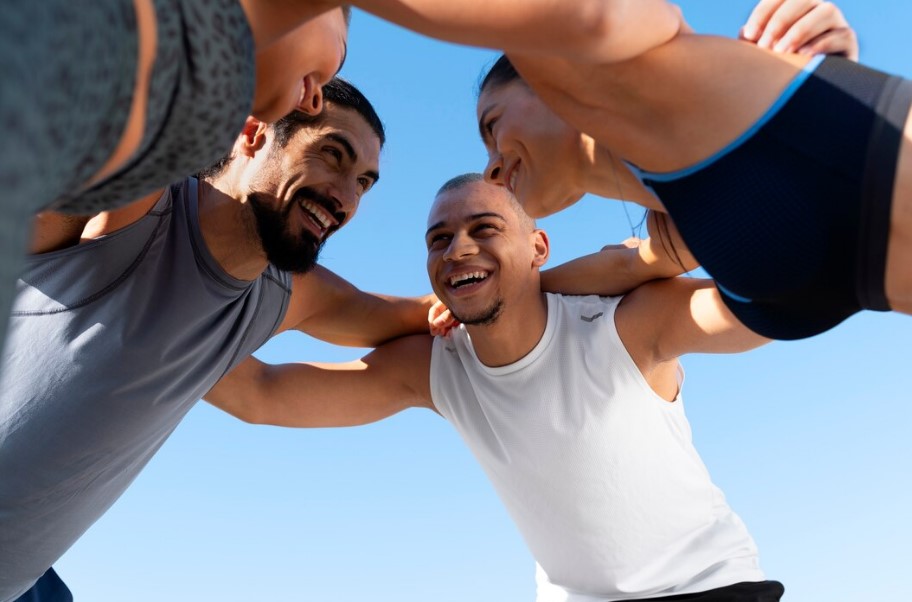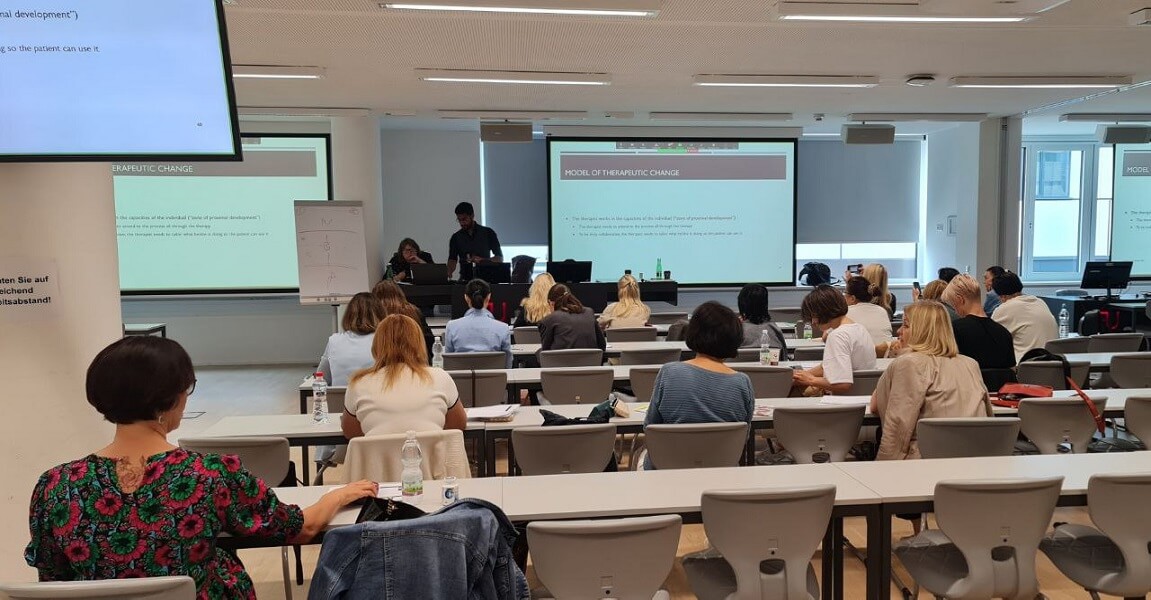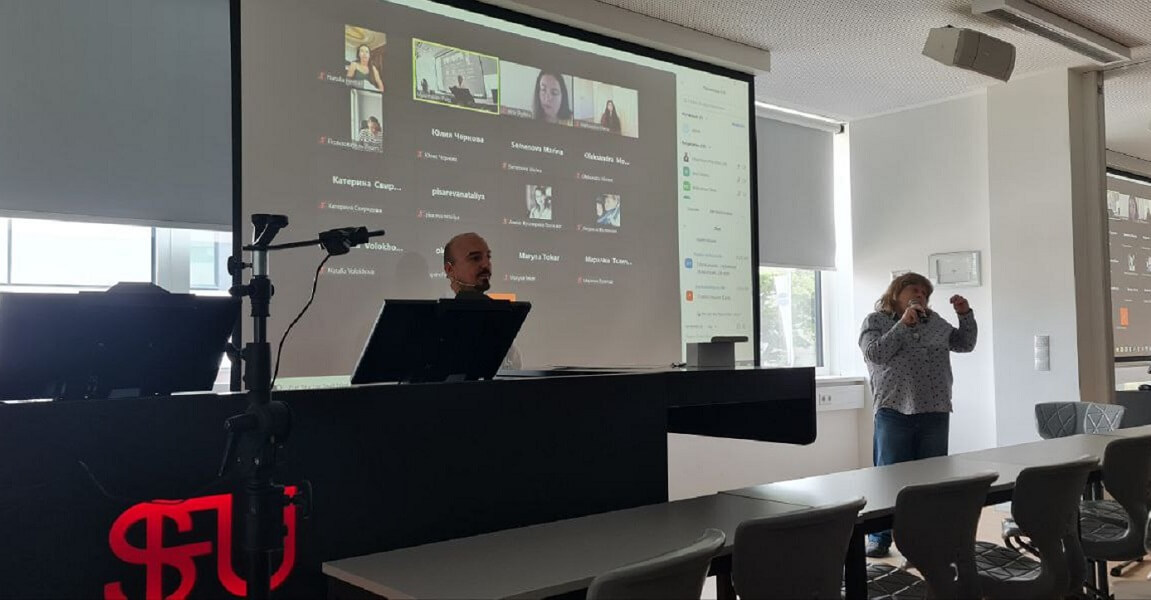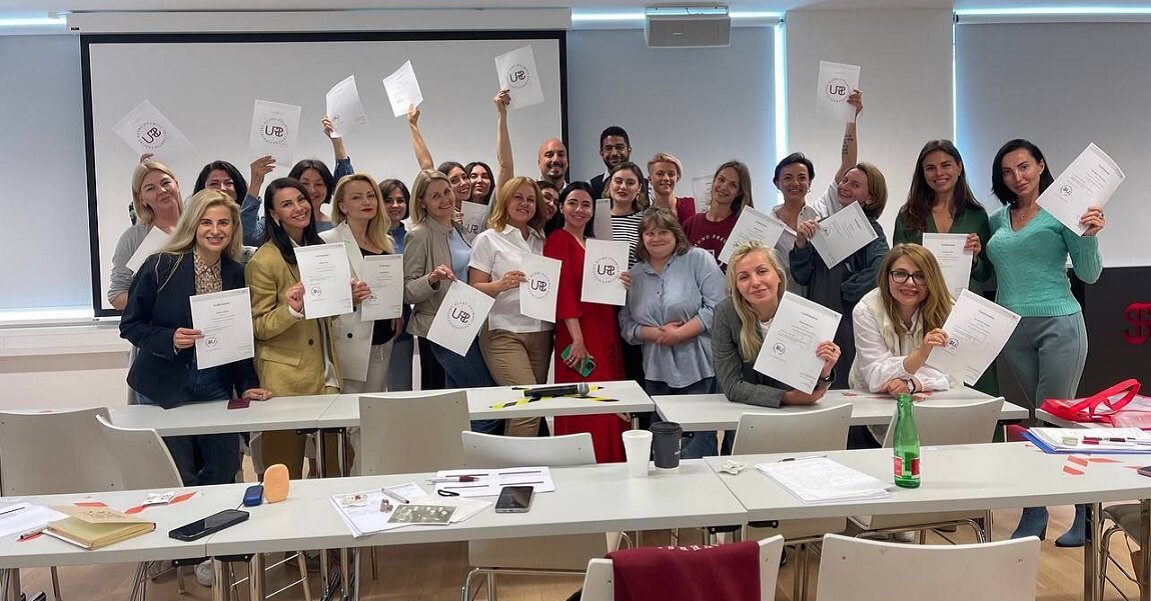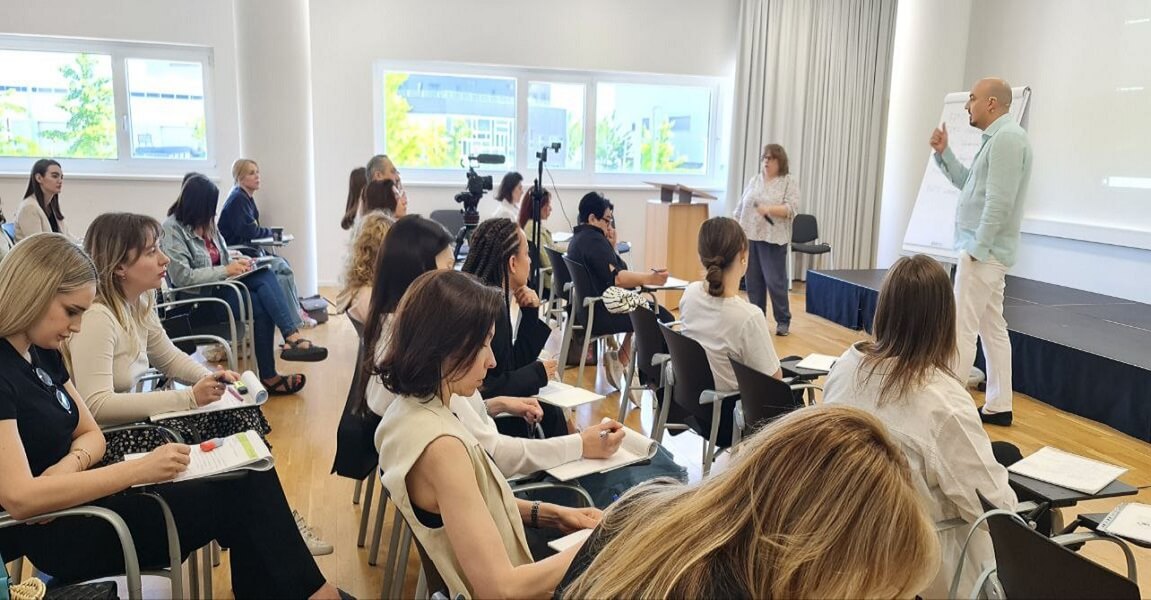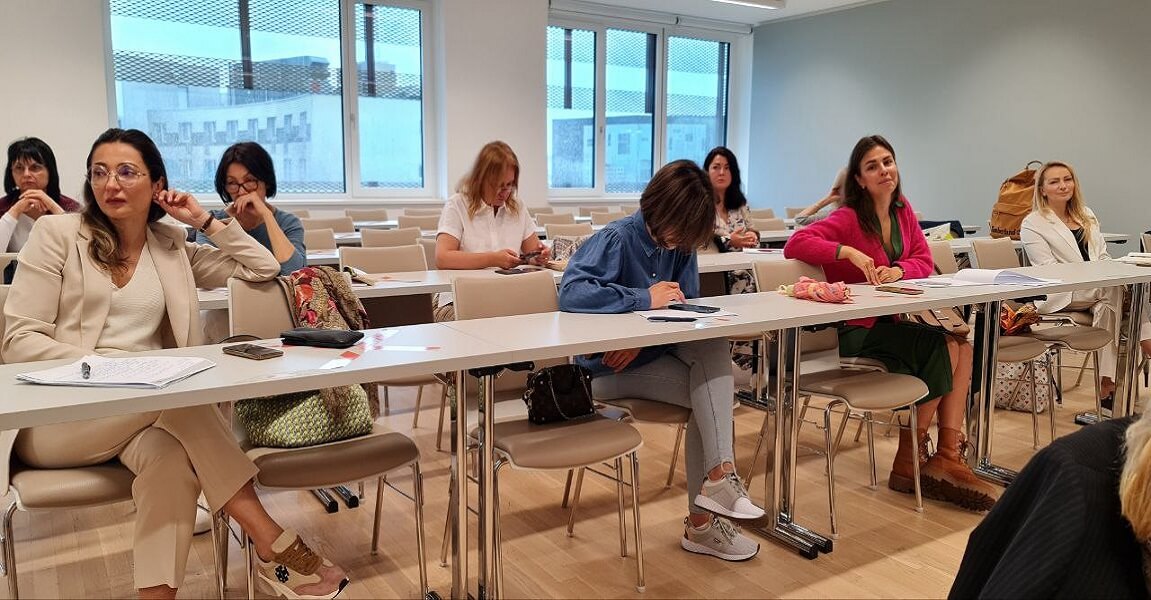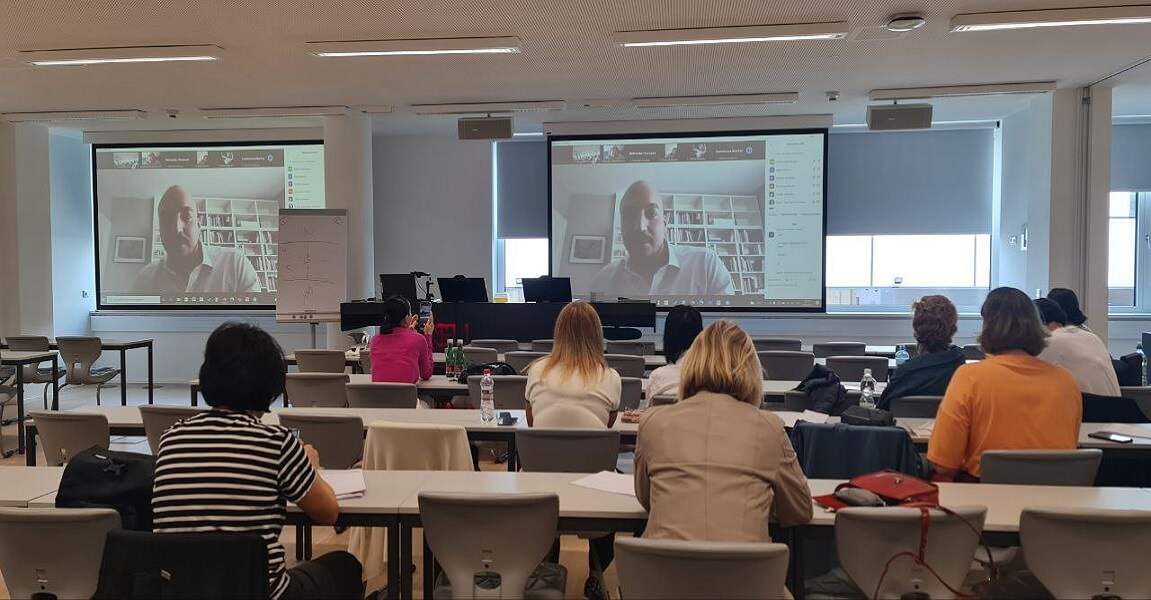Why sports psychology is a top specialty in the world

Why sports psychology is a top specialty in the world
1. Performance Enhancement
Sports psychology helps athletes (both professional and amateur) develop essential mental skills such as focus, confidence, and motivation, directly influencing their athletic performance. Techniques like visualization, goal setting, mindfulness, and other specialized psychological strategies enable athletes to achieve their best, particularly under high-pressure conditions.
2. Building Mental Resilience
Throughout their careers, athletes and coaches face challenges, setbacks, and stress. Sports psychology teaches resilience and coping strategies, helping them recover from failures, manage stress, and stay composed in difficult situations.
3. Boosting Motivation
Maintaining motivation over a long season or during tough moments can be challenging. Sports psychologists assist athletes in maintaining a positive mindset, setting effective goals, and striving for continuous improvement.
4. Returning to Sports After Injury
Psychological support is crucial for athletes recovering from injuries. Sports psychology helps them stay mentally engaged during rehabilitation, regain confidence, and cope with the frustration of a forced break.
5. Enhancing Team Cohesion
In team sports, sports psychology is vital for improving communication, building trust, and fostering a positive team atmosphere. This leads to better interaction and collaboration, key factors for shared success.
6. Managing Anxiety and Stress
Competitions can trigger stress and anxiety. Sports psychologists teach techniques to handle pre-competition nerves and anxiety, enabling athletes to focus on task execution.
7. Improving Concentration
The ability to stay focused during prolonged games or intense competitions is a crucial skill for athletes. Sports psychology provides tools to maintain concentration and sustain the “flow state.”
8. Balancing Life and Sports
For many athletes, the constant cycle of training, competitions, and personal life can be exhausting. Sports psychology helps find a balance between life and sports, preventing burnout and maintaining mental well-being.
In conclusion, sports psychologists not only enhance the physical skills of individual athletes and sports teams but also improve their mental preparation, providing a competitive edge and promoting overall psychological health. Knowledge of sports psychology offers invaluable tools for coaches, psychologists, and athletes themselves who strive for success in sports.
Why is sports psychology one of the top specialties among coaches and psychologists in the UK?
This question was answered by the course leader in Sports Psychology at the School of Sport, Education, and Health Sciences at the University of Brighton, a member of the European Federation of Sport Psychology, Dr. Anastasia Khomutova, who is currently developing a similar educational course for the Ukraine Sigmund Freud University in Kyiv.
The event moderator is Halyna Marchenko, an athlete and a master’s student at USFU.
The webinar focuses on how British coaches and psychologists apply sports psychology knowledge and how it can benefit Ukrainian athletes.
Lecturer
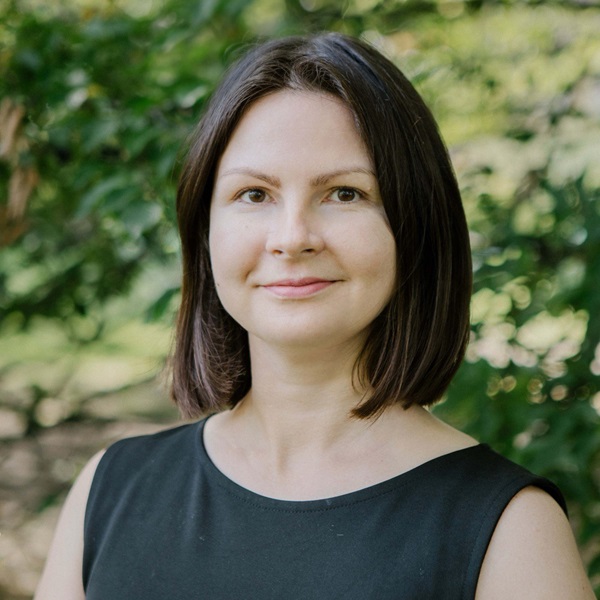
Who is this webinar for?

- Coaches – Whether working with individual athletes or teams, they aim to develop the psychological skills of their trainees to improve performance, teamwork, and stress resilience.
- Sports Psychologists – Professionals looking to deepen their knowledge of new methodologies, such as working with motivation, mental resilience, and returning to sports after injuries.
- Athletes – Both professional and amateur, who want to learn methods of stress control, concentration, and mental preparation to enhance their sports performance.
- Psychologists in Other Fields – Those interested in expanding their professional toolkit by incorporating sports psychology.
- Individuals Working in Sports Federations and Organizations – To gain a better understanding of how psychology impacts the success of athletes and teams.
Feedback from our students
Feedback
If you have any questions, please contact us in a convenient way
Fields marked with (*) are mandatory.

 Вхід
Вхід